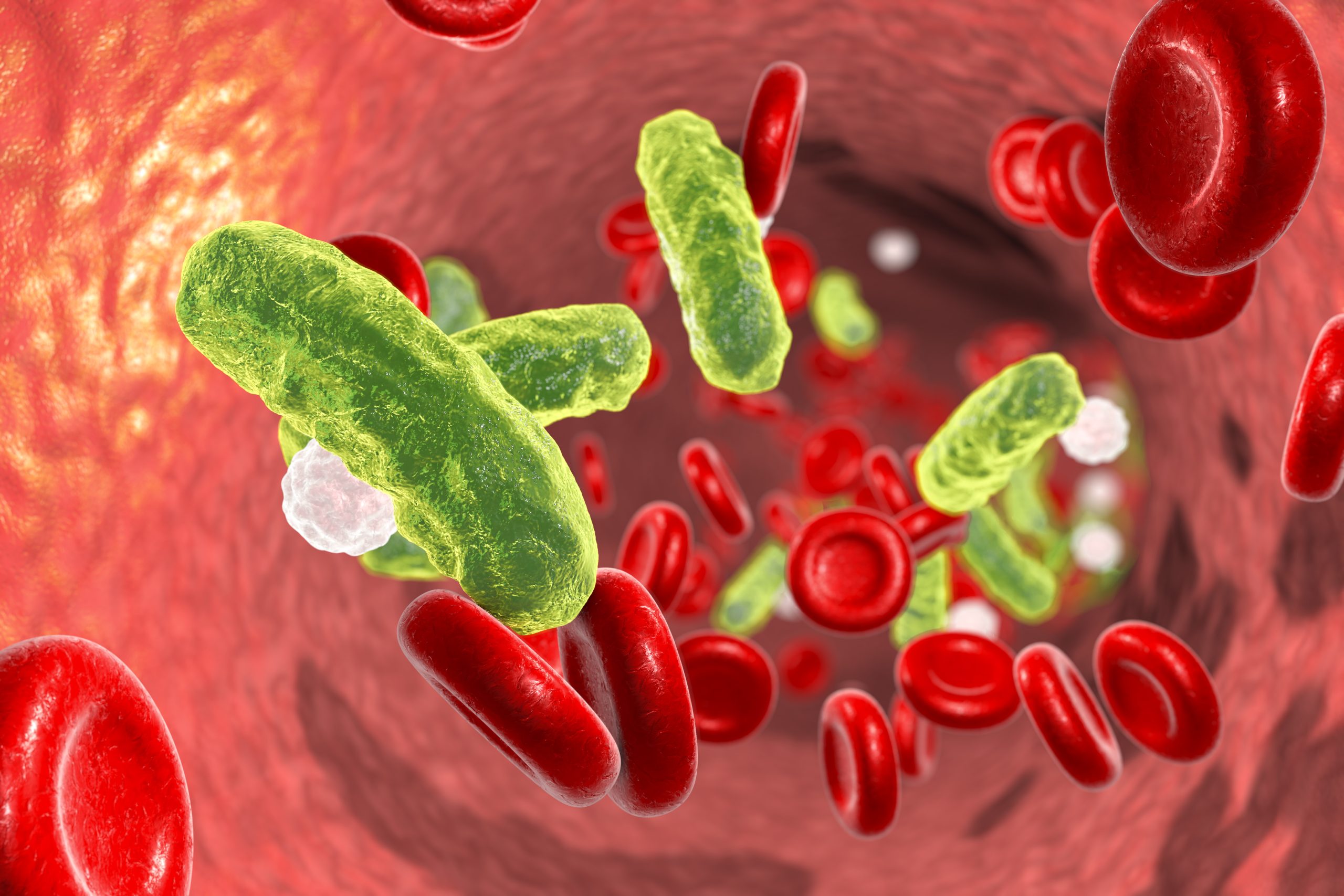Spring has arrived, and with it comes the vibrant colors, blooming flowers, and warmer weather. However, for many individuals, this seasonal shift also signals the onset of sneezing, watery eyes, and itchy noses – the dreaded symptoms of seasonal allergies. While the physical discomfort caused by allergies is well-known, a growing body of research has uncovered a surprising link between seasonal allergies and mental health, shedding light on the psychological toll of these common ailments.
Allergies are typically associated with physical symptoms, such as congestion and fatigue. However, recent studies have revealed that individuals with seasonal allergies are at a higher risk of experiencing mental health challenges, including depression, anxiety, and even cognitive impairment. Understanding the mechanisms behind this connection can help healthcare professionals better support patients and enhance overall well-being.
One possible explanation for the link between allergies and mental health lies in the inflammatory response triggered by allergic reactions. When the immune system identifies an allergen, it releases chemicals, including cytokines, to combat the perceived threat. While this response is essential for fighting off foreign substances, it can also have adverse effects on the brain.
Research suggests that the release of inflammatory cytokines during an allergic response can disrupt the delicate balance of neurotransmitters in the brain. These chemical messengers play a crucial role in regulating mood, and an imbalance can contribute to the development of depressive symptoms and anxiety disorders. Furthermore, chronic inflammation in the body may lead to long-term changes in brain structure and function, potentially impacting cognitive processes.
Moreover, the impact of allergies on mental health extends beyond the physiological level. The persistent discomfort, disrupted sleep patterns, and reduced quality of life associated with seasonal allergies can take a toll on an individual’s psychological well-being. Allergies can limit social activities, interfere with work productivity, and contribute to feelings of frustration, isolation, and low self-esteem. These factors can exacerbate existing mental health conditions or contribute to the development of new ones.
Recognizing this complex relationship between seasonal allergies and mental health, healthcare professionals are increasingly adopting a holistic approach to patient care. Treatment strategies often include a combination of allergy management and mental health support. Allergy sufferers are encouraged to seek relief through medication, nasal sprays, or immunotherapy, while also considering techniques to manage stress and anxiety. Additionally, mental health professionals can help individuals develop coping mechanisms to navigate the emotional impact of allergies.
As we gain a deeper understanding of the connection between allergies and mental health, it becomes crucial for public health initiatives to address this issue. Education about the link, early detection of mental health symptoms related to allergies, and improved access to integrated healthcare services can make a significant difference in the lives of millions of people affected by seasonal allergies.
In conclusion, the surprising link between seasonal allergies and mental health underscores the need for a comprehensive approach to healthcare. Beyond the physical symptoms, allergies can have a profound impact on an individual’s psychological well-being, potentially leading to depression, anxiety, and cognitive impairment. By recognizing this connection, healthcare professionals can provide more effective support, improving the overall quality of life for allergy sufferers.










